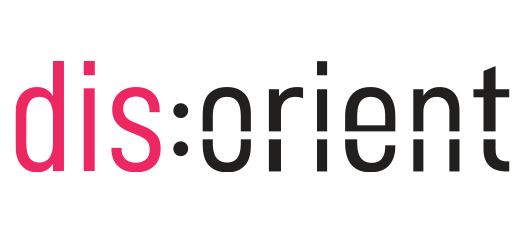Bustling markets, old towns with winding alleys, colourful exotic spices, camels in the sunset – when taking a look beyond this postcard image of Morocco, we get to see a society rich in contrasts, caught in the tension between tradition and modernity. The kingdom, whose population is 27 years old on average, is faced with major challenges: unemployment, poor education and health care, gender injustice, economic stagnation and social inequality – issues that had to be addressed even before the corona crisis. Under the pressure of the virus though, a solution-oriented political debate seems even more urgent.
When Mohamed VI. gained power more than 20 years ago at the age of only 36, he was immediately nicknamed "King of the Poor" by the media as he wasn’t afraid to openly address the social inequality in the country. However, the actual implementation of social justice is still stagnating. When Corona reached the country in March, the ruling elite took immediate action: the borders and airspace of the country were closed completely, a health emergency was declared, field hospitals were built and a strict lockdown was imposed. As a result, the virus seemed to be under control, at least until the lockdown measures were eased. Now that the number of infections is rising again, resignation is spreading, as the country is faced with a severe lack of employees in the neglected health sector. Seventy percent of 18 to 29 year-olds dream of emigrating anyway. Hardly anyone has any hope left in the democratically elected government and voter turnout is decreasing steadily. What remains is an economically and politically frustrated youth.
At the beginning of the Corona crisis, however, the close cooperation between the government, the private sector and civil society organizations gave a hopeful perspective on what could be a way to deal with the country's political and social problems. Could this actually offer a chance for the government to regain the citizens' trust through skillful crisis management?
However, when it comes to women's rights, Morocco is believed to be gaining ground. At least in the big cities, women can mostly move freely, have access to education and jobs and singles can live alone. Still, parliament is only made up of around 20 percent women but that is hardly any different in some western democracies.
In this free digital evening event, which is part of our so-called “Ferngespräche” series (German for “long distance call”), we will take you on a virtual tour to Morocco via Zoom and Facebook Live.
Speakers
Bauke Baumann, head of the Heinrich Böll Foundation Maroc in Rabat, will provide some basic information on the current state of the Moroccan society in an introductory presentation.
With Fatima Sadiqi, professor of linguistics and gender studies at the University of Fez, we will have a closer look at the issues of gender equality and women's rights.
In Marrakech, we will hear from Facil Issam from the social enterprise Pikala Bikes about how it campaigns for a positive reception of cycling and supports local communities in the current crisis, for example by delivering food with cargo bikes.
Last but not least, with Reuben Yemoh Odoi from The Minority Globe Association we will focus on the situation of migrants. For a long time, Morocco was considered a transit country on the way to Europe. What does it mean for Morocco that many refugees are now preparing for a life in the kingdom due to the restrictive border policy of the European Union?
Further information
The broadcast takes places via Zoom and will be free of charge for you. Under the following link you can register for the event.
Register Now
Please note: Due to the high interest in our previous events, we cannot guarantee participation via Zoom and will additionally broadcast the event live via Facebook Live where you will also be able to ask your questions via the chat or comment function. All information on the Facebook event can be found on our Facebook page.
The event will be held in English.
We are looking forward to seeing you at our event!
The event is part of the digital event series "Ferngespräche" (German for "Long Distance Calling") by dis:orient e.V. and Alsharq REISE.
















